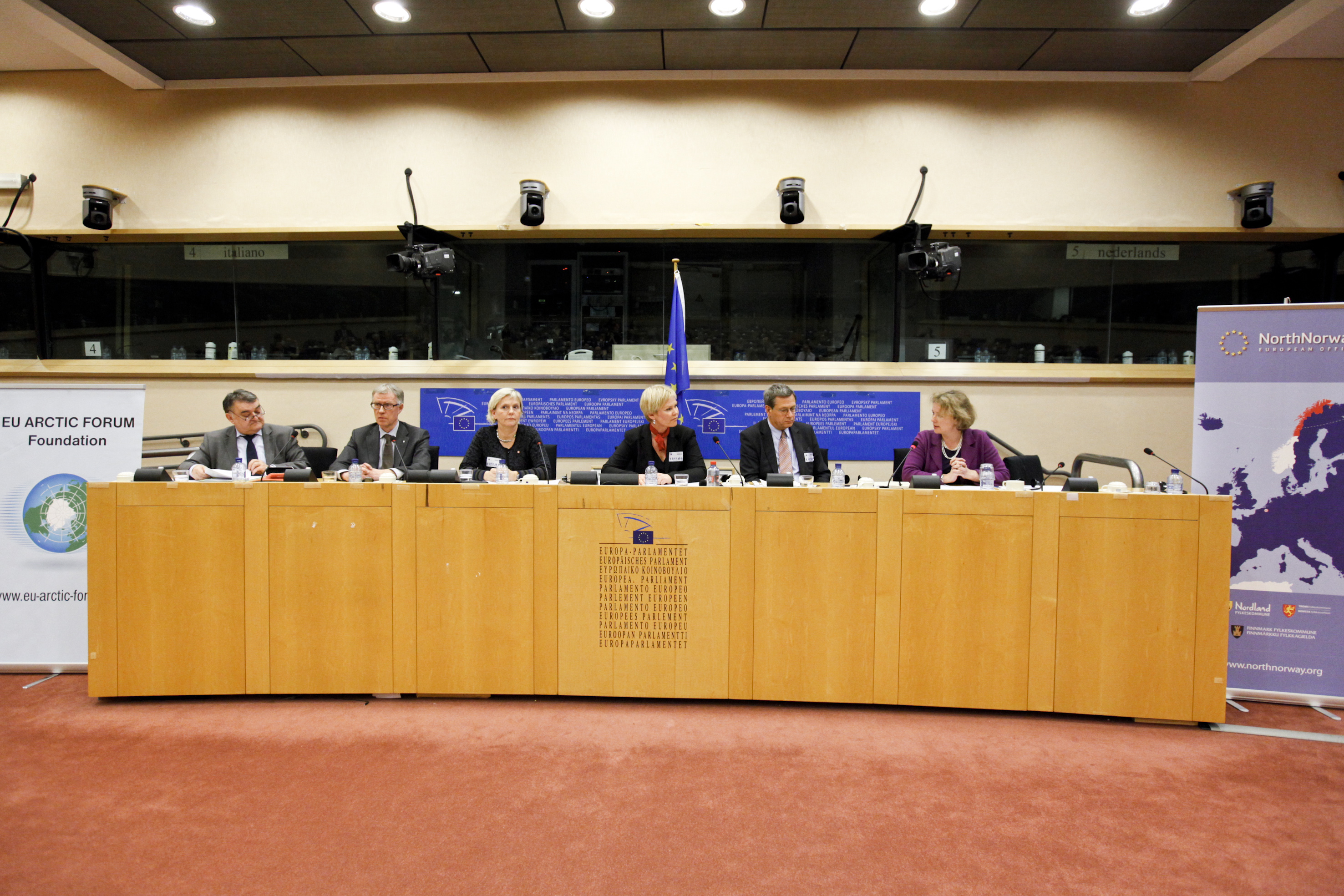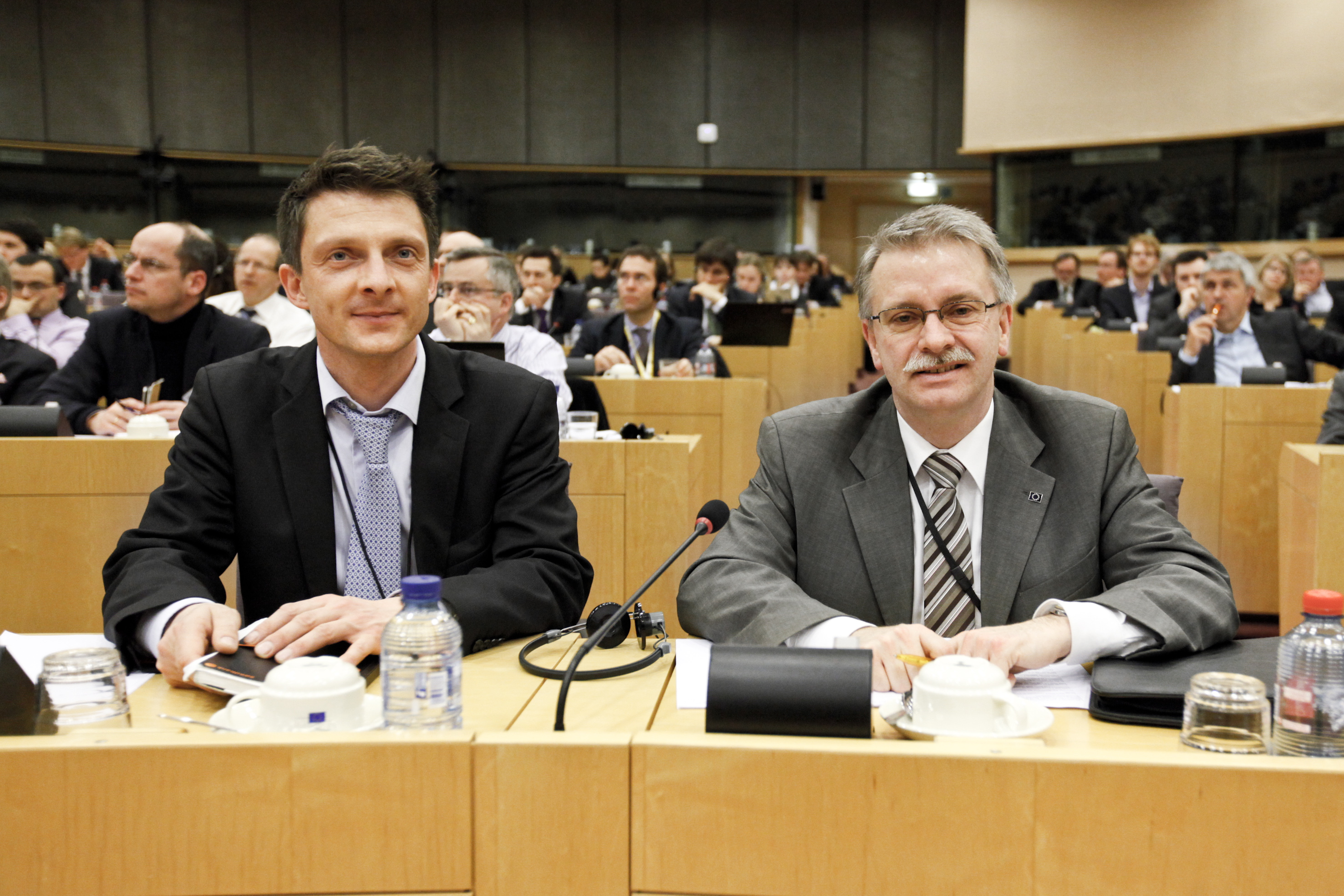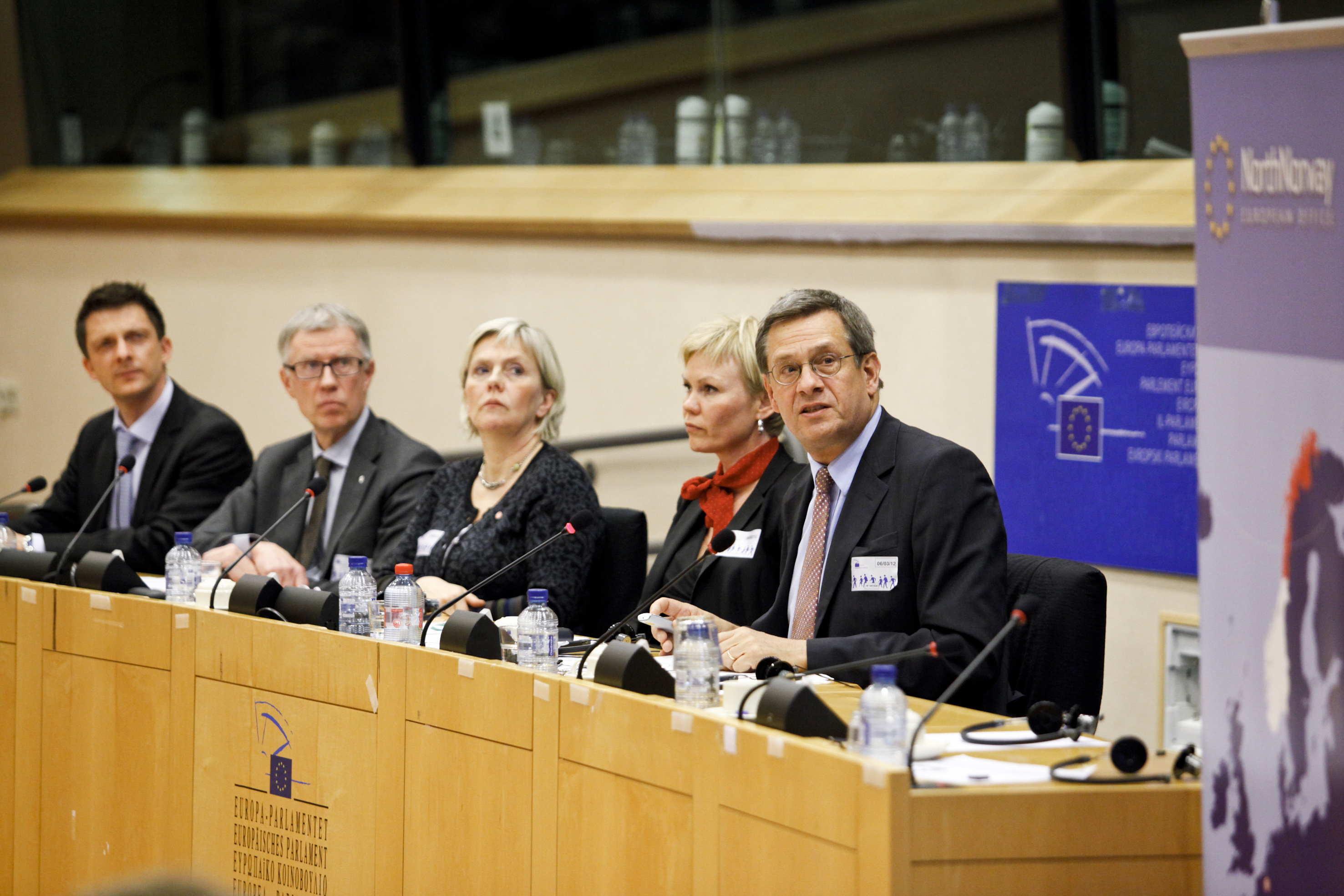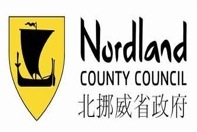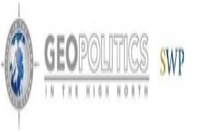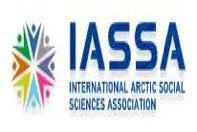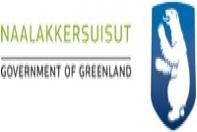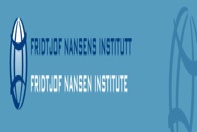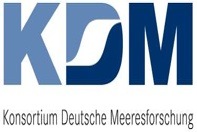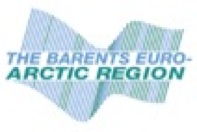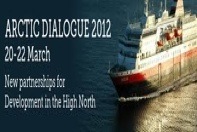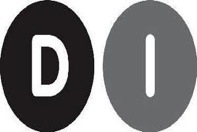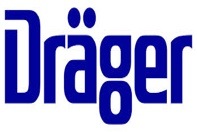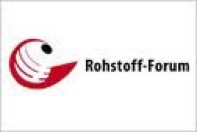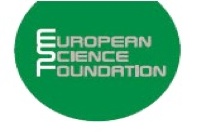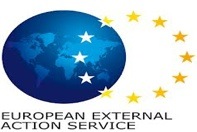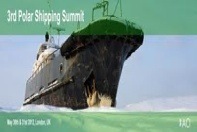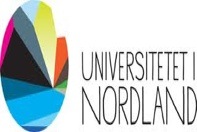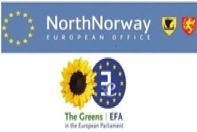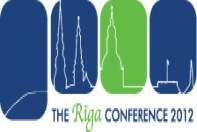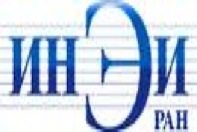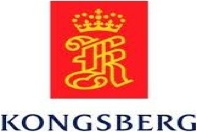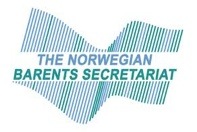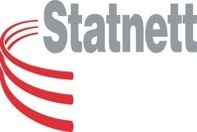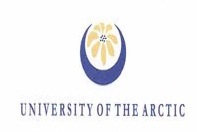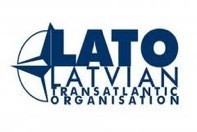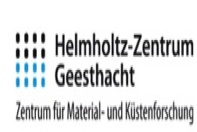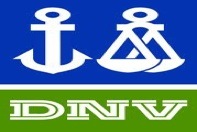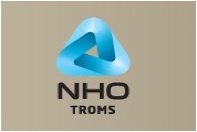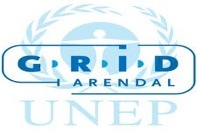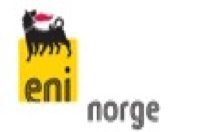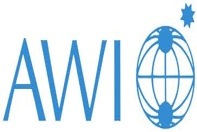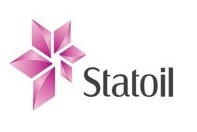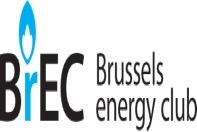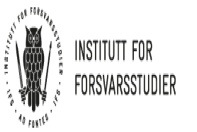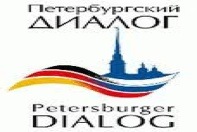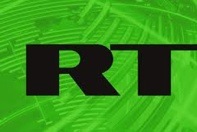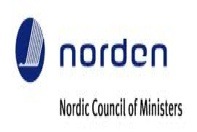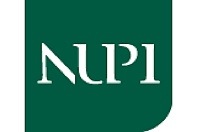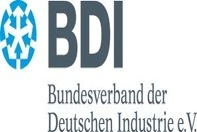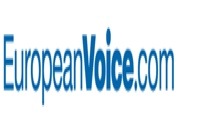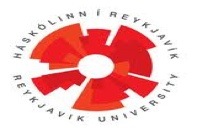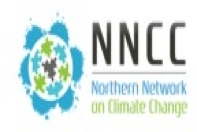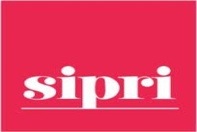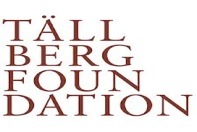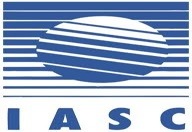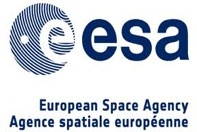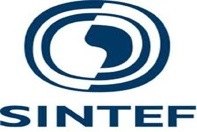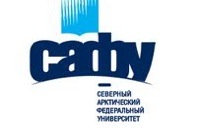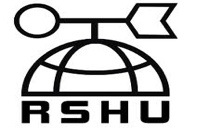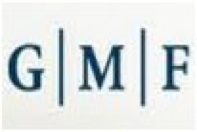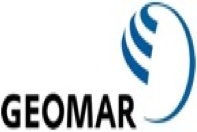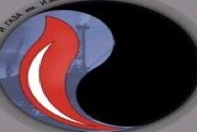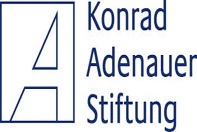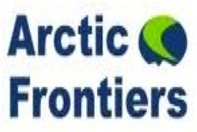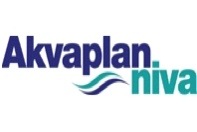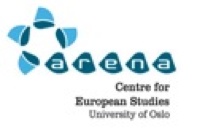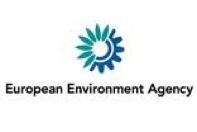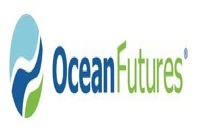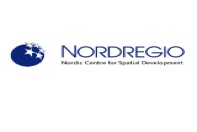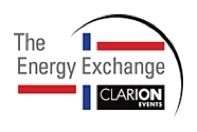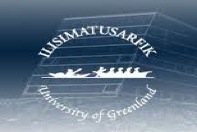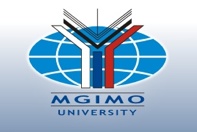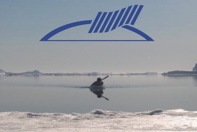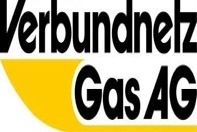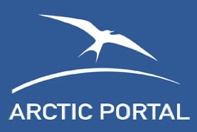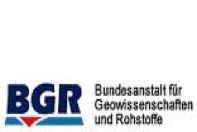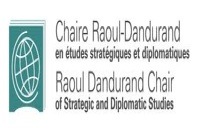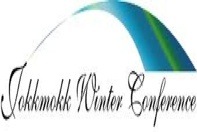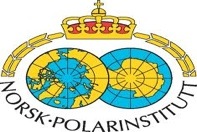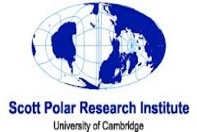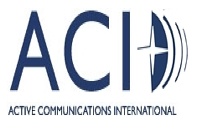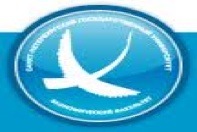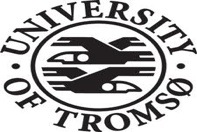EU Arctic Forum co-organizes seminar on Arctic oil and gas in the European Parliament with the North Norway Office and Statoil

Herbert Reul, MEP, Chair of the Committee on Industry, Technology, Research and Energy
A seminar on “European Arctic Oil & Gas: Experiences and Development,” in the European Parliament on the 6th of March, brought together about 200 participants, among them MEPs, high-ranking energy industry officials, representatives of northern regions, business representatives as well as environmental groups.
MEPs Herbert Reul, Chair of the ITRE committee, Michael Gahler, rapporteur on the High North and Vicky Ford, rapporteur on offshore oil and gas safety, gave their perspectives on the issue of resources and the future of EU-Arctic relations, specifically with regard to the energy dimension, the current debate on the safety of offshore oil and gas activities, and to the technological and environmental dimensions of energy extraction in the High North. The seminar thus served as a continuation of a debate between stakeholders of the Arctic as well as between stakeholders and decision-makers on the EU level.
The seminar was structured in four different sessions. First, International Energy Agency representative Bo Diczfalusy gave an insight into the overall situation and outlook on energy demand and supply, and contrasted this with the potential and role of the energy resources in the Arctic. He highlighted this role with regard to projected increases in the use of renewable energy sources in the overall energy mix, the projected increase in the use of gas until 2035 as well as the technological challenges and the high costs related with the extraction of Arctic energy resources.
During the second session, Øivind Dahl-Stamnes, Vice President of the High North Initiative, Statoil ASA and Arild Glæserud, License Director, ENI Norway discussed the industry perspectives. Mr. Dahl-Stamnes outlined the importance of technological development in the last 30 years which have made the High North more accessible for resource extraction. Key elements of a sustainable Arctic energy policy are further development of competence in working in the region as well as a step-by-step approach to resource extraction. In order to move forward on the required capital, human resource and technology investments, energy companies need a clear signal from the EU that hydrocarbon resources will still be needed in the future. Statoil’s perception is that Norwegian gas resources can meet future EU gas demands in the context of global rising energy needs. Norway’s energy future is outlined in The Norwegian White Paper “An industry for the future – Norway’s petroleum activities”, there are several important planned and ongoing extraction and infrastructure projects.
The importance of Norwegian oil exports to the EU, due its proximity to EU energy markets as well as its stable prices was highlighted. The Barents Sea in this regard serves as the gateway to the Arctic, both for Norway and the EU. Mr. Glæserud gave specific insights into ENI’s partnership with Statoil in working with the Goliat oil field, which is projected to go on-line in late 2013. ENI works on several issues: 1) Goliat as an oil field with zero emissions to the sea, 2) “winterized” oil platforms – winter-proof for workers, the resource and the equipment, 3) a specially-built Arctic shuttle tanker, 4) advanced oil spill detection mechanisms comprising several elements and 5) reduced CO2 operating emissions.
Speaking on local community perspectives, Jørgen T. Hammeken-Holm, Head of License Department, Bureau of Minerals and Petroleum, Government of Greenland and Pia Svensgaard, Chair of Troms County Government gave their views on the local dimension of Arctic energy policies.Pia Svensgaard underlined the long-standing cooperation between the EU and Norway on energy-related issues. Due to the long-term extraction activities in Norway, the country, and specially the Northern Norwegian regions, have built up knowledge and expertise, which is being exported globally. These energy-related activities have continued alongside other economic activities such as in the fisheries sector, and it is crucial that both continue to operate without harm to the other. Therefore, the necessity to handle an oil spill is crucial. With regard to Europe, the NASP network brings an added value to the EU, as do the new shipping routes opening up as well as new oil and gas fields. Mrs. Svensgaard thus encouraged the EU to continue its positive engagements with Norway and highlighted to successful cooperation with the EU Arctic Forum.
Mr. Hammeken-Holm has a detailed insight into the legislative matters governing resource extraction in Greenland. This involves the necessity of submitting social impact assessment and impact benefit assessment studies by the companies applying for a license, which are based on the Canadian model. Lastly, Henrik Steine Madsen, Sales Manager Europe, Siemens Oil & Gas, Subsea Solutions and Catherine Spykkerud, Sensitive Environments Decision Support Group, Akvaplan-Niva discussed technological challenges of working in the Arctic. Both outlined the need to plan for unforeseen events, with the necessity of developing monitoring mechanisms and emergency response plans to ensure a safe and sustainable development of resources. Akvaplan-Niva in this regard is specifically tasked with the development of such plans that are developed together with companies.
The seminar was followed by a frank and outspoken question and answer session, moderated by Steffen Weber, Secretary General of the EU Arctic Forum, which was concluded by MEP Michael Gahler, who called for a holistic and responsible EU-Arctic policy, which takes into account all Arctic stakeholders.
